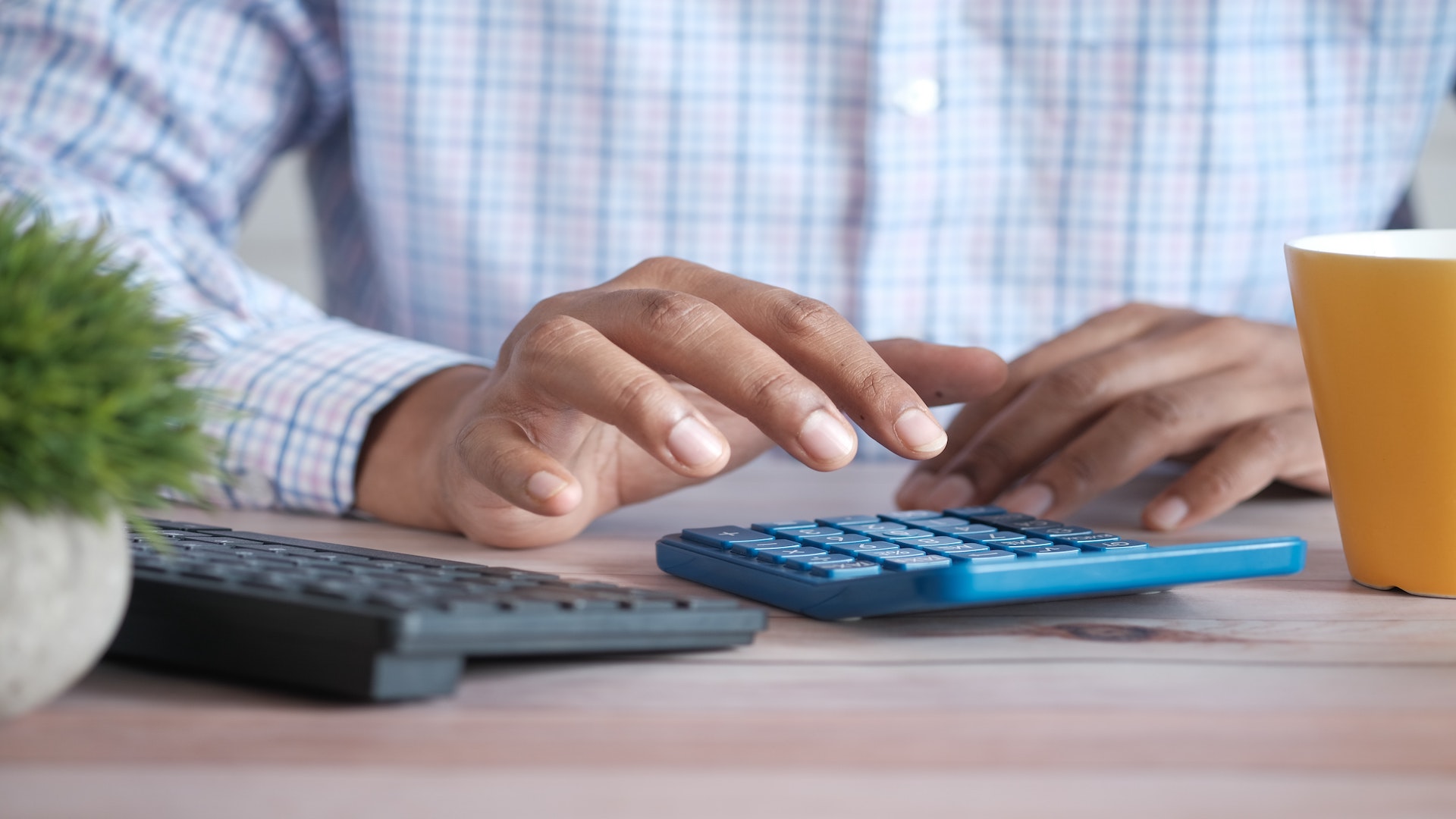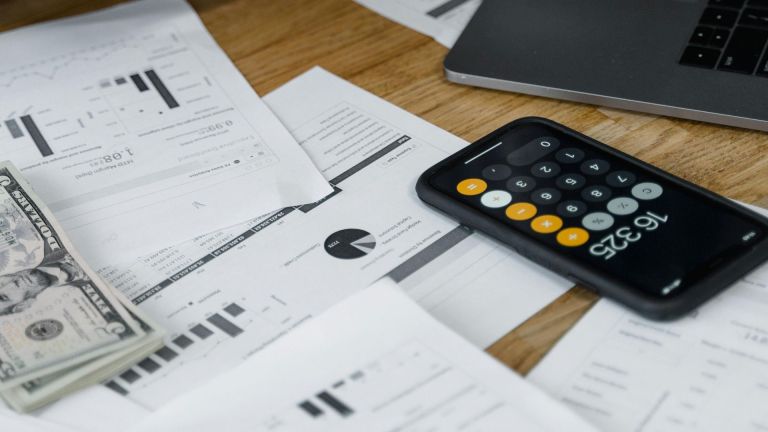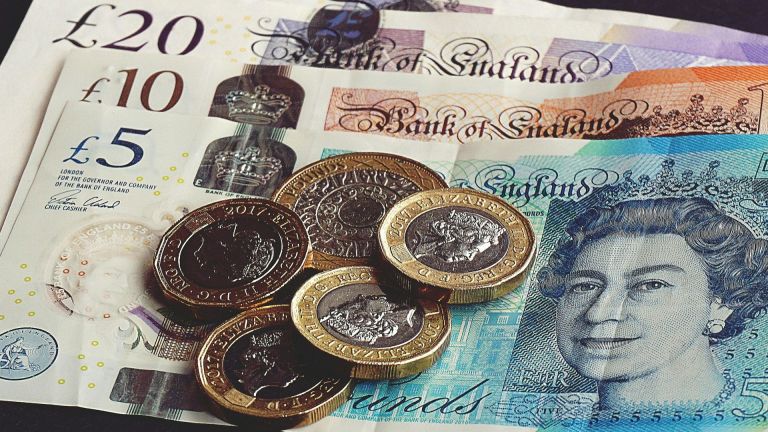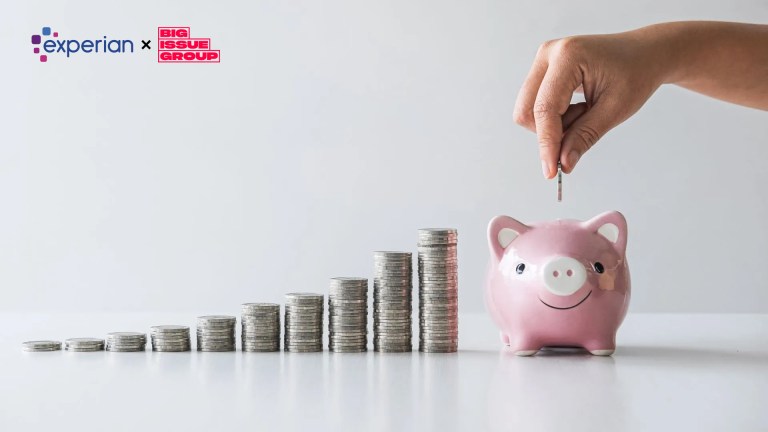Coronavirus has impacted many of our finances and changed how we work, earn, save, spend and stress about money.
Demand for money advice spiked during the pandemic – with nearly 50 million visits to the Money Advice Service, The Pensions Advisory Service and Pension Wise in 2020, which was 1.2 million more visits than the year before.
Many of us find ourselves wishing we’d been taught more about money at school. As we emerge from 18 months of restrictions, with many facing the end of the Universal Credit uplift and furlough, and rising energy bills at the start of October, there’s never been a better time to look for money advice and get on top of our finances.
“I think a lot of people feel intimidated or overwhelmed by so much of the jargon from the financial services world, and often embarrassed that they don’t fully understand how lots of money products, like pensions or investments or buy-now-pay-later debt products work and end up losing money as a result,” Laura Whateley, author of Money A User’s Guide, tells The Big Issue. “But it’s not surprising – we didn’t learn about personal finance at school, and so many of us have to figure it out as we go often in pressurised situations like trying to buy a house.”
“In reality, for most people taking control of your finances is not as hard as you might fear. Taking control of your money, understanding what’s coming in and going out, how much debt or savings you have takes a bit of time, but it can be an incredibly empowering process. Sadly when it comes to money, because of the way compounding interest and debt piles up, the more you bury your head, the worse your problems can become.”
One way to get back on track with your finances is a free nine-week online programme called ‘Couch to Financial Fitness’, launched by MoneyHelper, a government-backed service offering impartial advice. Topics include cutting costs, staying on top of bills and strengthening savings, then five extra weeks of activities on “money milestones” including starting a family, buying a home or saving for retirement. People will be asked to record how they feel before and after each step so the programme’s impact on wellbeing can be measured.










